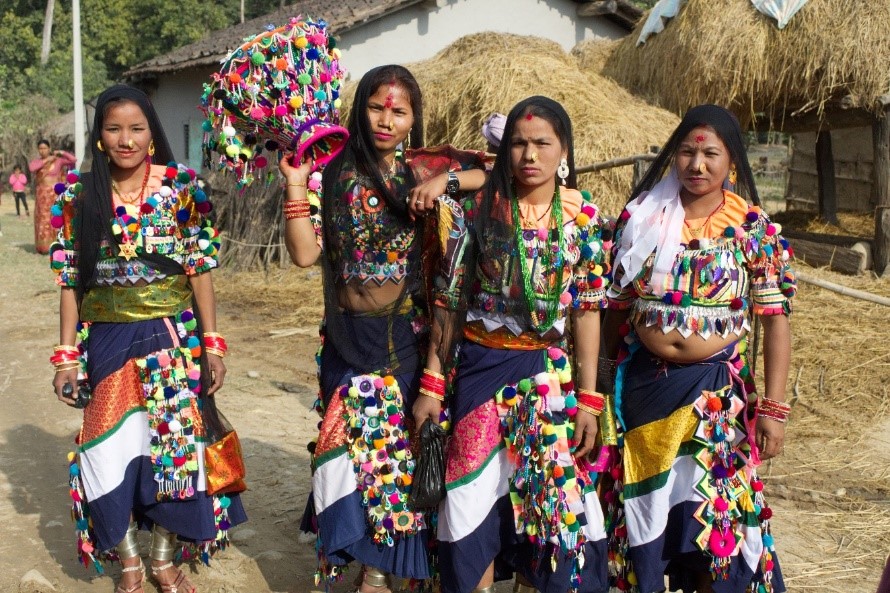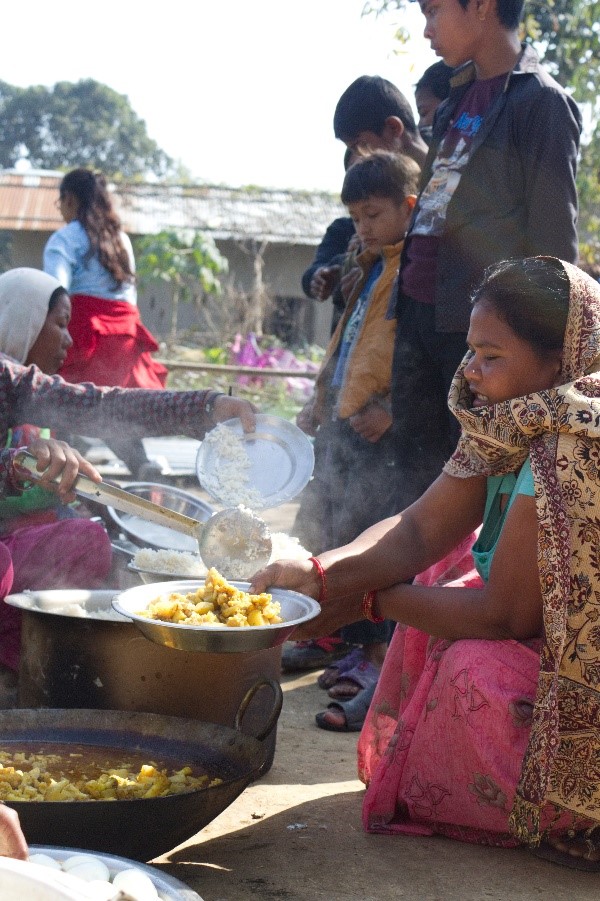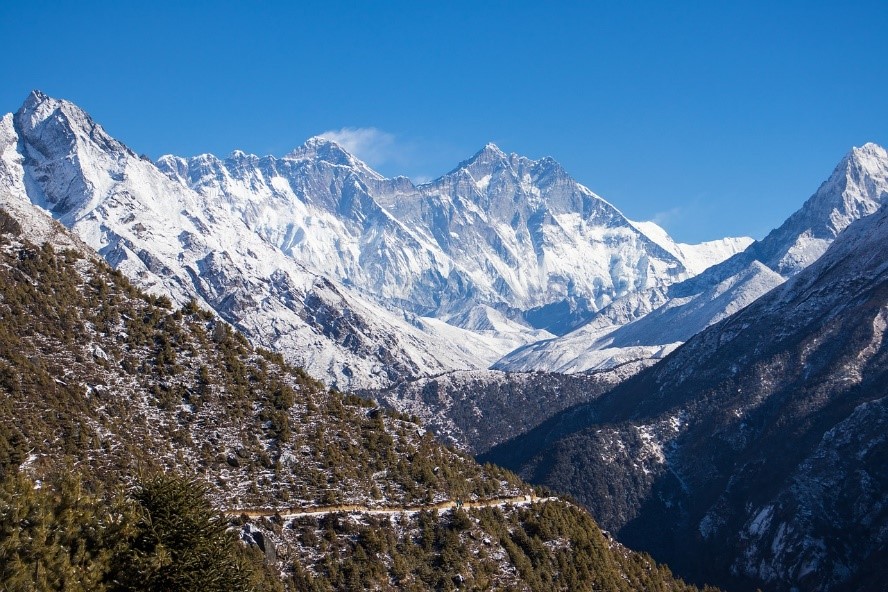About Nepal

Located between India and China, Nepal consists of 56,827 square miles, which is slightly larger than the state of New York. It is home to 29.3 million people, 81.3% of whom are Hindu, 9% are Buddhist, 4.4% are Muslim, and 3.1% are Kirant, while only 1.4% are Christian.
The capital of Nepal is the city of Kathmandu, with very high population density of 51,600 people per square mile within the city (compared to 27,000 people per square mile in New York City). However, the overall population density of Nepal is fairly low.
Nepal is about 75% mountains. Mount Everest, the highest peak above sea level, is located on the border of Nepal and Tibet, China. The trek to the summit takes an average of about two months, and certainly isn’t for the faint of heart.

Because of the mountains, the temperature has a wide range depending where you are in Nepal. In the south, it can get hotter than 37° C (98° F), though in that same area the winter temperatures can range from 7° C to 23° C (44° F to 73° F). In the mountains, there are moderate summers but the winters can reach subzero temperatures.
Another unique aspect of Nepal is its flag. All other countries have a square or rectangular flag, but Nepal’s flag is the shape of two overlapping triangles sporting the country’s national color, red. The symbolism behind the triangles was originally intended to represent the Himalayan Mountains and the king and prime minister, though over time the meaning has changed. Today it is instead understood to represent Hinduism and Buddhism, which together represent the religion of about 90% of Nepal’s population.
Popular leisure activities among the people of Nepal include music and dance, which also play a part in the performing of religious ceremonies. These ceremonies particularly include ancient drums and wind instruments.
The cuisine in Nepal is founded on rice, or in poorer areas, dhiro, which is a corn or millet mush. The most common way of eating is to use one’s right hand (without utensils) and seated on the floor. It is expected that the woman cooks while the men typically are involved in heavy lifting of agriculture and other trade and work.

The Lord has blessed LCMI with faithful, God-fearing staff in Nepal to serve in the sharing of the Gospel. Please continue to pray that hearts in Nepal would be opened to His truth!